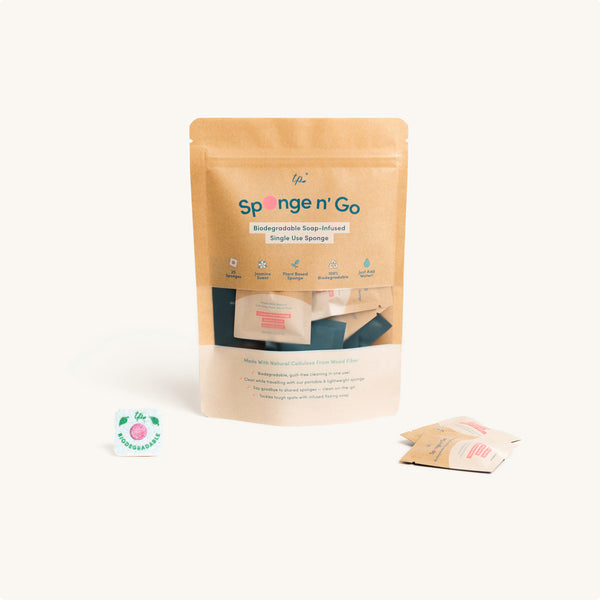Welcome back to Part 2 of our series on reducing plastic waste in your kitchen! In Part 1, we covered reusable alternatives for plastic wrap and single-use bags. In Part 2, we'll be sharing tips on how to recycle effectively,.
Recycling Tips
Recycling is one of the most straightforward ways to reduce your plastic waste. However, it's important to recycle correctly; otherwise, your efforts may be in vain. Here are some tips to help you recycle effectively:
1: Check your city's recycling guidelines
Each city has different rules for recycling. Some may accept certain types of plastic, while others don't. Check your city's guidelines before tossing items into the recycling bin.
2: Clean your recyclables
Dirty or contaminated items may not be accepted by your local recycling facility. So make sure to rinse out food containers and remove any food debris before recycling.
3: Avoid plastic bags
Plastic bags can't be recycled in most facilities, so avoid putting them in the recycling bin. Instead, take them to a grocery store that has a plastic bag recycling program.
4: Break down boxes
Breaking down cardboard boxes not only saves space in your recycling bin but also makes it easier for recycling facilities to process them.
5: Recycle electronics
Electronic waste, or e-waste, contains valuable materials that can be reused. Take old electronics to an e-waste recycling facility or donate them to a charity.
Composting Strategies
Composting is an excellent way to reduce food waste while also creating nutrient-rich soil for plants. Here are some tips to help you get started with composting:
1: Choose a composting method
There are various methods of composting, including traditional bin composting, worm composting, and Bokashi composting. Choose the method that works best for you and your lifestyle.
2: Know what to compost
Not all food waste can be composted, so it's essential to know what can and can't be composted. Compostable items include fruit and vegetable scraps, coffee grounds, eggshells, and yard waste. Avoid composting meat, dairy, and oily foods.
3: Use compost in your garden
Once your compost is ready, use it to fertilize your plants and garden. Compost adds nutrients to the soil, retains moisture, and reduces the need for synthetic fertilizers.
At Two Pillars, we believe that small changes can have a big impact. Our reusable products, such as the Duo Cover® and ZipBag®, help reduce plastic waste in your kitchen. And with the help of recycling and composting, we can make an even bigger impact on the environment.
Thank you for reading Part 2 and 3 of our series! Don't forget to check out our products and share with us your favorite recycling and composting tips.
Product Links:



